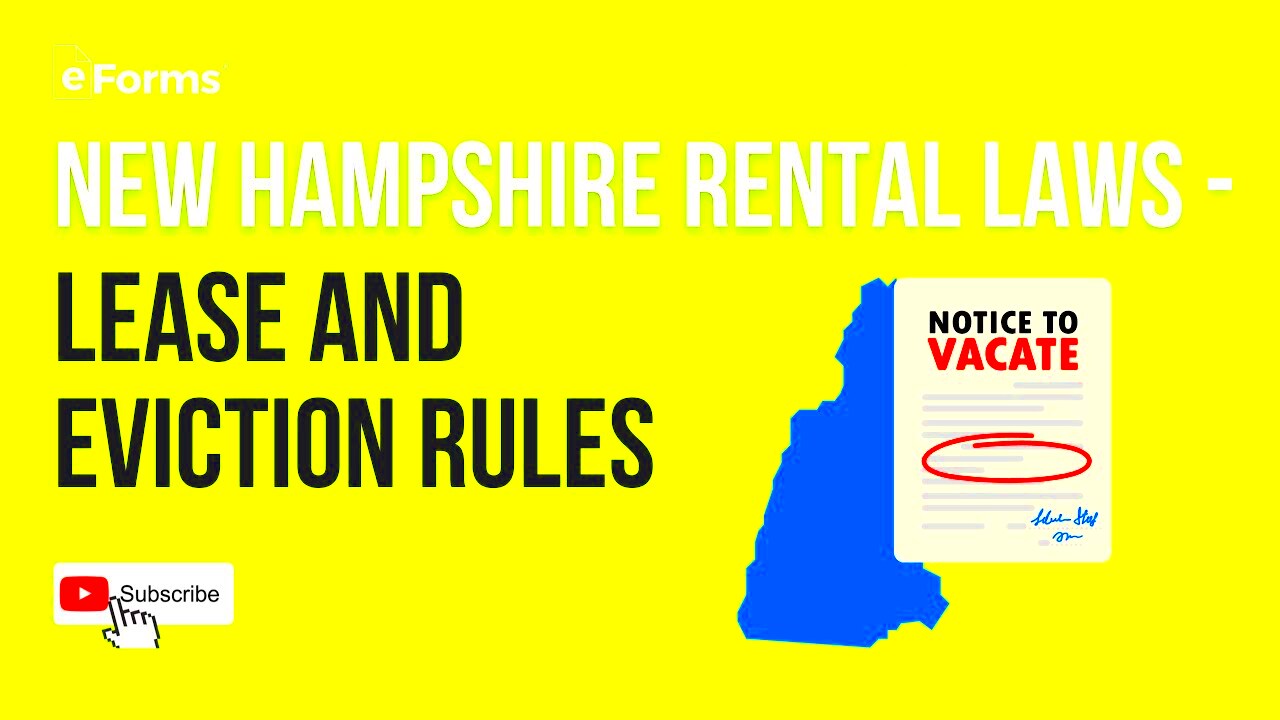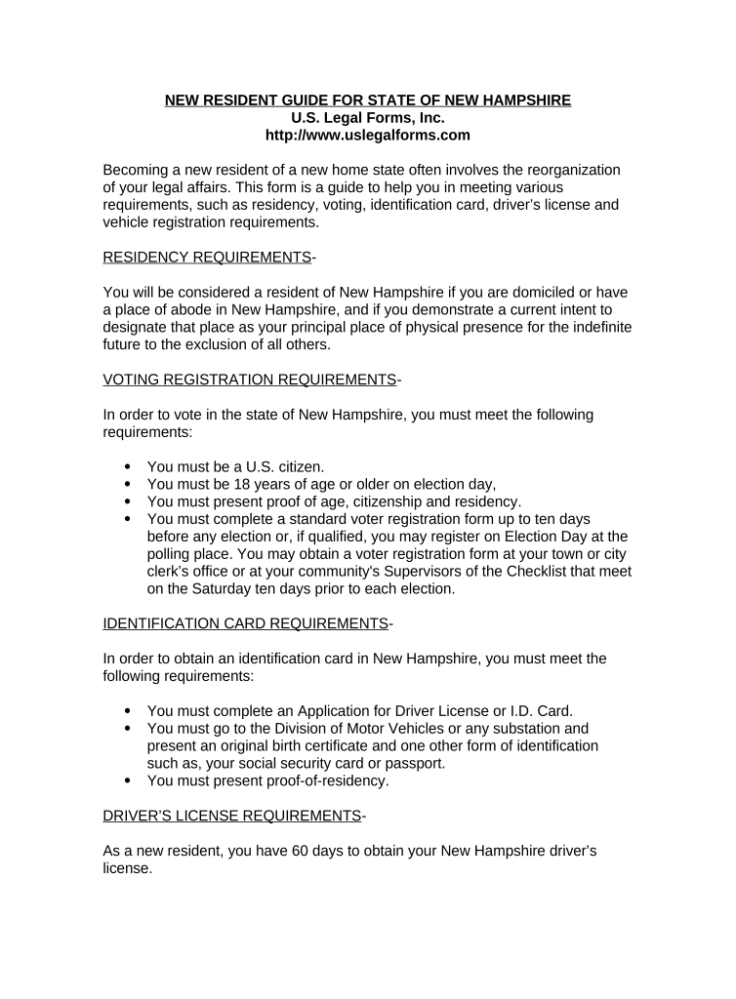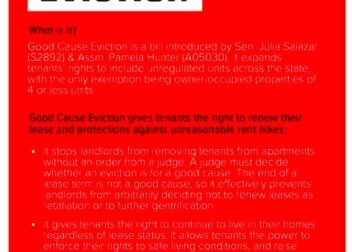The Essential Guide to State of New Hampshire Condominium Laws
New Hampshire’s condominium laws provide a framework for owning and managing condominium properties. They aim to balance the rights and responsibilities of individual owners and the collective needs of the community. Understanding these laws is crucial for anyone looking to buy, sell, or live in a condominium in the state. This guide will help you navigate the essential aspects of New Hampshire condominium laws, from ownership rights to the roles of associations.
Understanding Condominium Ownership in New Hampshire

Condominium ownership in New Hampshire is unique. When you buy a condominium, you’re not just purchasing a unit; you’re also buying a share of the common areas. Here’s a breakdown of what that means:
- Individual Ownership: You own your specific unit, which includes the interior space.
- Shared Ownership: You also own a percentage of common areas like hallways, pools, and landscaping.
- Governance: Each condominium has a governing document, typically known as the declaration, which outlines the rules and responsibilities.
Understanding this dual ownership is essential for navigating responsibilities and rights. Owners must abide by community rules, contribute to maintenance costs, and participate in association meetings.
Key Laws Governing Condominiums in New Hampshire
New Hampshire has specific laws that regulate condominiums, ensuring fair practices and transparency. Some key laws include:
| Law | Description |
|---|---|
| Condominium Act | This act outlines the legal framework for establishing and managing condominiums in New Hampshire. |
| Declaratory Judgment Act | This law allows condominium owners to seek court decisions on disputes regarding the declaration and bylaws. |
| Real Estate Closing Laws | These laws regulate the processes involved in buying and selling condominium units, ensuring transparency. |
Understanding these laws helps owners protect their rights and navigate any challenges that may arise within the condominium community.
Rights and Responsibilities of Condominium Owners
As a condominium owner in New Hampshire, you enjoy several rights, but with those come important responsibilities. Understanding both is essential for maintaining a harmonious living environment. Here’s a closer look:
- Rights:
- Right to Use: You have the right to enjoy your unit and the common areas.
- Voting Rights: You can vote on issues affecting the condominium community, such as budget approvals and changes to rules.
- Access to Documents: You can request copies of financial statements, meeting minutes, and other important documents.
- Responsibilities:
- Paying Dues: You must pay monthly association fees, which cover maintenance and repairs.
- Following Rules: You are expected to adhere to the community’s rules and regulations.
- Maintaining Your Unit: Owners must keep their units in good condition to prevent damage to other units.
By understanding and fulfilling these rights and responsibilities, owners contribute to a positive and thriving community.
Role of the Condominium Association
The condominium association plays a critical role in the management and operation of the community. Think of it as the governing body that oversees everything from maintenance to community rules. Here’s what you need to know:
- Management: The association manages the day-to-day operations, including maintenance of common areas.
- Financial Oversight: It collects dues, manages the budget, and ensures that funds are allocated appropriately.
- Rule Enforcement: The association is responsible for enforcing community rules and regulations, ensuring that all owners comply.
- Conflict Resolution: They help mediate disputes between owners, aiming to resolve issues amicably.
Members of the association are usually elected by the condominium owners, making it essential for all owners to participate in meetings and votes to influence how their community is run.
Rules and Regulations for Condominium Communities
Rules and regulations are the backbone of any condominium community, ensuring a peaceful and organized living environment. These rules can cover various aspects, including:
- Common Area Usage: Guidelines on how common areas like pools, gyms, and lounges should be used.
- Noise Restrictions: Rules to minimize noise levels, ensuring respect for neighbors.
- Pet Policies: Regulations regarding pet ownership, including restrictions on size and breed.
- Renovation Guidelines: Procedures for making changes to your unit, ensuring that alterations do not affect structural integrity or aesthetics.
These rules are typically outlined in the community’s bylaws or declaration. It’s essential for every owner to familiarize themselves with these regulations to avoid conflicts and maintain a harmonious community atmosphere.
Dispute Resolution for Condominium Issues
Disputes in condominium communities can arise from various issues, such as disagreements over rules, maintenance responsibilities, or noise complaints. Fortunately, there are structured ways to resolve these conflicts, helping maintain harmony within the community. Here are some common methods:
- Informal Discussions: Often, the first step is simply talking it out. Many disputes can be resolved through direct communication between parties.
- Involvement of the Condominium Association: If informal discussions don’t work, the association can step in. They often have established procedures for addressing complaints.
- Mediation: In some cases, mediation might be necessary. This involves a neutral third party helping both sides reach a satisfactory agreement.
- Arbitration: If mediation fails, arbitration is another option. An arbitrator hears both sides and makes a binding decision.
- Legal Action: As a last resort, disputes can be taken to court. However, this can be time-consuming and expensive, so it’s generally best to explore all other options first.
Understanding these steps can help owners navigate conflicts effectively, ensuring a more peaceful living environment.
Recent Changes in New Hampshire Condominium Laws
New Hampshire’s condominium laws are continually evolving to address the needs of owners and associations. Recent changes have aimed at enhancing transparency and owner rights. Here are some notable updates:
| Change | Description |
|---|---|
| Increased Disclosure Requirements | Associations must provide clearer information about financial statements and budgets, ensuring owners are well-informed. |
| Stricter Rules on Assessments | New regulations require more justification for special assessments, protecting owners from unexpected financial burdens. |
| Expanded Rights for Owners | Owners now have more robust rights to contest decisions made by the condominium board, promoting fair governance. |
These changes reflect a growing emphasis on owner involvement and accountability within condominium communities, ensuring a better living experience.
Frequently Asked Questions about New Hampshire Condominium Laws
Understanding condominium laws can be tricky, so it’s common to have questions. Here are some frequently asked questions to help clarify common concerns:
- What is a condominium association?A condominium association is a group of owners responsible for managing the common areas and enforcing community rules.
- Can the condominium association change the rules?Yes, the association can propose changes to the rules, but these typically require a vote from the owners to be enacted.
- What happens if I don’t pay my condo fees?Failing to pay fees can result in late charges, and persistent non-payment may lead to legal action or foreclosure.
- Can I rent out my unit?Most associations allow rentals, but there may be specific rules and requirements you must follow.
- How can I get involved in my association?Attend meetings, volunteer for committees, or run for a position on the board to become more involved.
These FAQs can help demystify condominium ownership and management, empowering owners to navigate their communities with confidence.
Conclusion on New Hampshire Condominium Laws
In conclusion, understanding New Hampshire condominium laws is essential for all owners and prospective buyers. These laws provide a clear framework for rights and responsibilities, ensuring that everyone can enjoy their homes while contributing to a well-managed community. Familiarity with the roles of the condominium association, the rules governing community living, and effective dispute resolution processes empowers owners to actively participate in their communities. By staying informed about recent changes and asking questions when needed, condominium owners can foster a positive living environment, uphold their rights, and maintain the value of their properties. Being an active and informed member of the community leads to a more enjoyable living experience for everyone involved.


